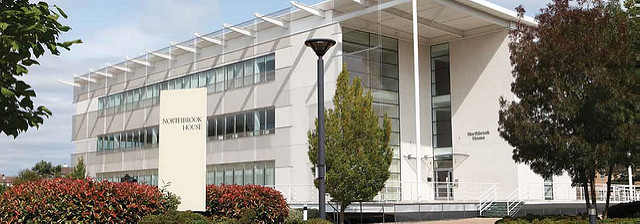Circassia broadening pipeline after cat allergy setback

UK biotech company Circassia has outlined its strategy following a major disappointment for its lead product in June.
The Oxford-based company saw its share price plunge after its cat allergy treatment failed to show efficacy in pivotal phase 3 trials. The company has now had time to review the results, but says it can find no confounding factors in the failure, and has cut back its investment in the allergy field.
The company hit the heights in March 2014 when its IPO raised £200 million, the biggest UK biotech flotation for decades, but fell back to earth after the clinical trial disappointment.
It says it will now review its allergy portfolio strategy once results from its house dust mite allergy study become available in Spring 2017 – but says it is already diversifying and confident of future success.
Steve Harris, Circassia’s chief executive, said: “While the first half of 2016 was dominated by June’s unexpected and disappointing phase 3 cat allergy results, we have made good progress in our wider business and are capitalising on a number of strategic opportunities. During the last three months we have taken a prudent approach to our allergy investment and rationalised our cost base.
Harris says the firm has focused on strengthening its existing business and has taken steps to broaden its pipeline.
The company has a number of products already on the market – Fliveo, its recently approved Flixotide pMDI substitute and Niox, a point of care diagnostic for monitoring airway inflammation in asthma.
It says it has begun negotiations for the return of EU rights to Fliveo, which is currently licensed to Mylan.
In its pipeline is Seriveo (a Seretide pMDI substitute), which is expected to be filed by the second half of 2017.
The company has also significantly expanded its direct sales presence to boost revenues from NIOX. Harris says this will establish Circassia as an attractive commercialisation partner, and is evaluating further speciality product opportunities.
The company has expanded its global commercial group headcount to 200, including increasing its US sales force increased to approximately 100.
It has also strengthened its commercial presence in Germany and China, with recruitment for a UK direct sales force underway.
Steve Harris concluded confidently: “Our ambition to build a world-class specialty biopharmaceutical business remains undimmed and we believe the combination of our marketed products, broad pipeline and robust commercial platform gives us the foundation we need to achieve this goal.”
While the company has learnt from previous mistakes in the UK biotech sector, its financial position still remains uncertain in the long-term.
It has £138 million cash on its balance sheet as of 30 June, but the firm’s second half results saw its losses inch upwards to £25.4 million. The company has also put aside £76.4 million in provisions against and impairment of the allergy portfolio after its setback.
Revenues increased to £11.1 million (up from £0.6 million in the first half of 2015), while R&D expenditure also rose to £25.1 million (H1 2015: £18.4 million) including £13.8 million on allergy research.











